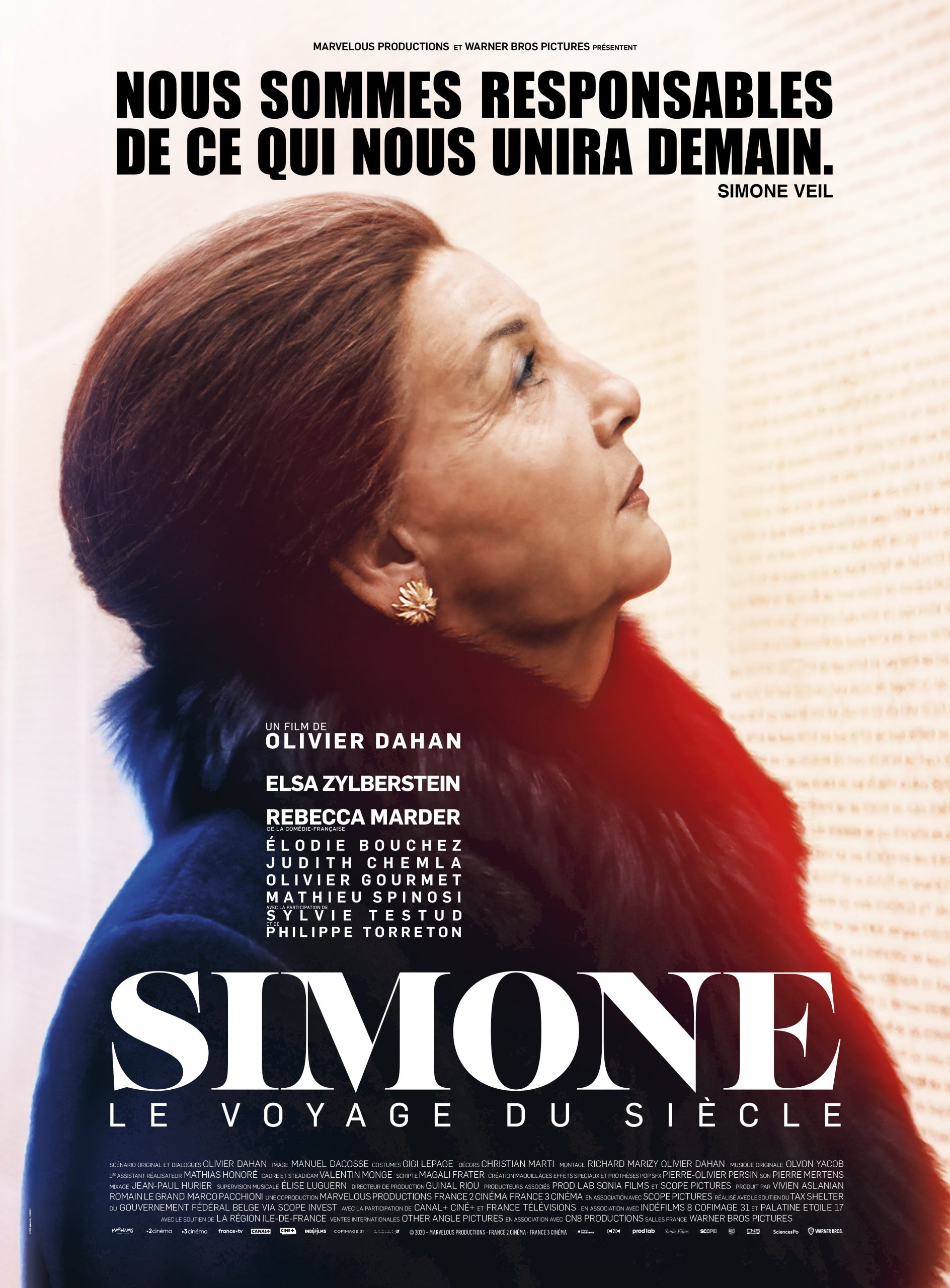Window Film Saves Energy
Window Film Saves Energy
Blog Article
In the following series of short articles of we will impart the hard-won understanding that we have actually gotten as successful independent digital filmmakers. And (drumroll puh-leaze!) we will do this for FREE!
It might be possible to hire out your devices, and even the unique impacts you utilize. You could teach film at adult education or for a local organization for a number of weeks or for a one day course. One to one tuition may also be possible. Individuals might even desire your skills for a stag occasion.
The initial step is to prepare all the products you will need to set up the film. You will require a putty knife which you will use to smooth the film onto the window; a number of spray bottles with water; razor knife, and cooking area lint-free towels. In one of the spray bottles, place about half a teaspoon of dish cleaning agent as you will use this to clean the window.
Modifying suggests "remedying, revising, or adapting" in basic. It's quite the same in movie making. In film making the process of choosing good shots and later on combining them to produce the final film or film is called Film modifying. Editing is the only art that is said to be unnoticeable due to the fact that when it's done effectively the audience or the consumer gets engaged so deeply that s/he can't even see the editors work. Movie editing can do miracles with a shot. Through movie modifying we can slow down a scene, speed it up, change the mood, change the viewpoint anyway in which we want to provide. Overall control, now that's amazing.
The next step is to peel the support off of the window film. The most convenient way to do this is to get the film on one corner and peel it down. This is where it comes in handy to have somebody helping you as they can hold the film in location while you remove the backing. If you are intending to re-use the movie eventually keep in mind to keep the support that you remove, you'll need it if you want to keep your film.
After the script-reading, go back to your script with your notes from the script-reading, and make the necessary modifications. In some cases it is simply a matter of changing a couple of words around, and other times, it is changing some scenes around. This is done to make the script flow better and make production more efficient, and in the long run, make your movie much better total. The more work you put into editing the script now, the less time you have to edit on the set during production.
You'll wish to start your job in the early morning or late afternoon to prevent the hottest parts of the day. Extreme heat will trigger the soapy solution used to coat the glass to dry before your done and might trigger film transfer streaks in your completed job.
If you took the essential effort and time, you extremely well may have something of quality that you could use as a tool for future use. Having a quality, if not acclaimed, short film under your belt will put you in a higher benefit for task and festival acknowledgment.